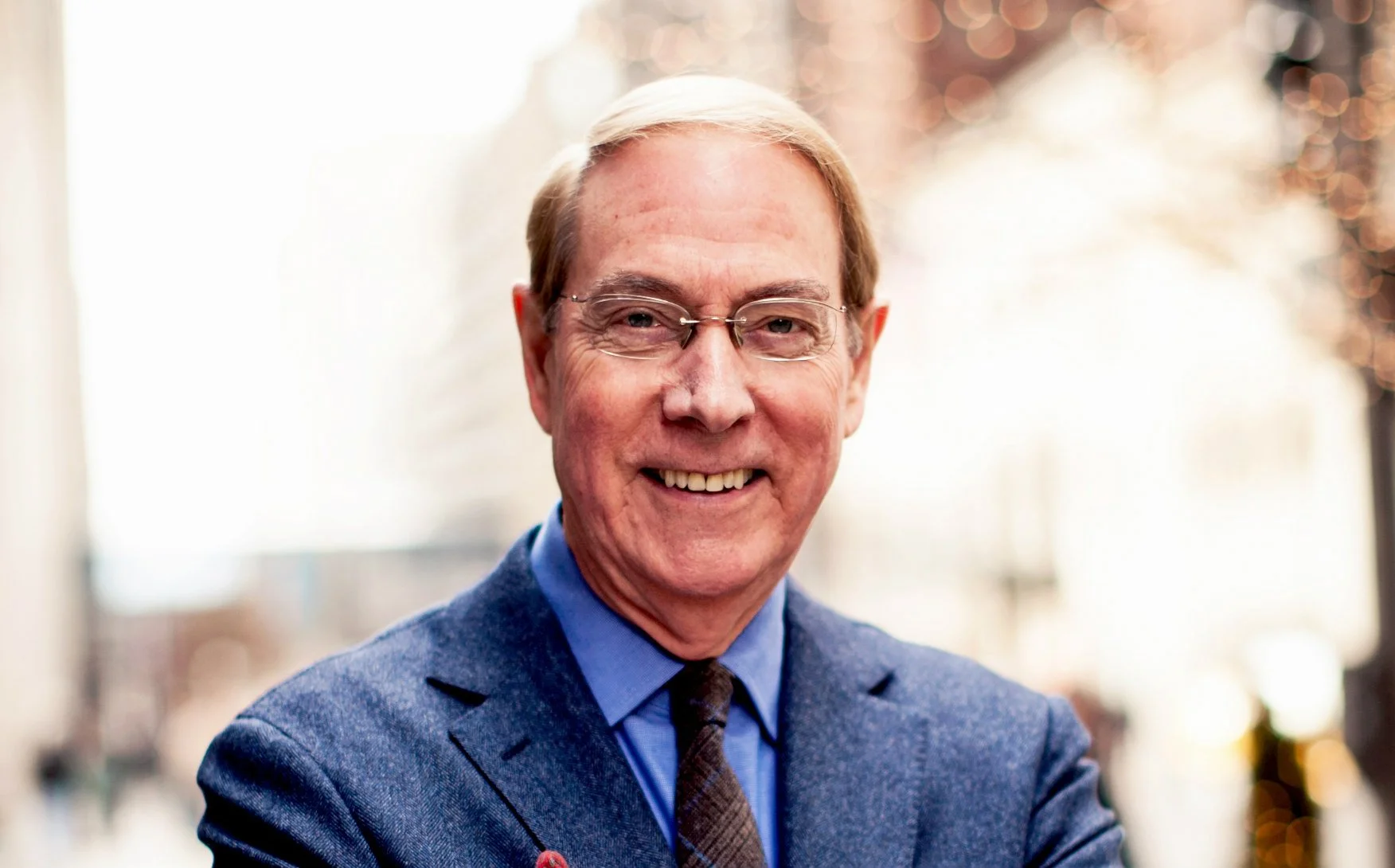Real Life: ‘Love Languages’ pioneer Dr Gary Chapman on the secrets to a healthy relationship
Written by Matt Burrows. Published on NZ Herald.
The pioneer of the world-famous ‘five love languages’ concept says the secret to a healthy relationship lies in regularly expressing love and admitting your faults.
Dr Gary Chapman, whose 1992 book The Five Love Languages sold more than 20 million copies, popularised the idea that each person has a preferred way of expressing and receiving love – one of gift-giving, words of affirmation, physical touch, acts of service, or quality time.
In an interview with Newstalk ZB’s Real Life with John Cowan that aired on Sunday night, the 86-year-old said anyone can learn the love language of their partner.
“It’s an attitude,” he said. “If you didn’t receive words of affirmation growing up, for example, it’ll be hard for you to learn how to speak words of affirmation. But the good news is you can learn another language.
“Now, I’ve heard people say, ‘I read the book. My wife’s language is acts of service. But if it’s going to take me washing dishes and vacuuming floors for her to feel loved, she can forget that’.
“And to that I say, ‘That’s your choice.’ Love is a choice. If you choose to be selfish and say you won’t speak your spouse’s love language, you’re choosing to be selfish. You’re choosing not to have an attitude of love. So it all comes back to the attitude.”
Dr Chapman said he believes there is an “over-emphasis” placed on falling in love in Western culture that doesn’t always translate into long-term relationship success.
“That euphoric state when we meet someone and it excites us – the average lifespan of that aspect of love is two years. We come down off that high, and this is when the five love languages become extremely important,” he told Cowan.
“Because when we come down off that high, we have to be more intentional in our expressions of love if we’re going to meet that need for love.”
Dr Chapman said there are two essentials to a long term, healthy relationship – one, that you “express love to each other in a meaningful way”; and two, that you “deal effectively with your failures – because none of us are perfect”.
“You don’t have to be perfect to have a long-term, healthy marriage, but we do have to deal with our failures, and that involves apologising and forgiving. Because when we hurt each other, we create an emotional barrier between us.
“That barrier does not go away with the passing of time, it goes away when we apologise and our spouse chooses to forgive us. Now we can go forward.
“So if you have those two things in place, you’re on the road at least to having a good marriage.”
Dr Chapman said at the heart of many relationship breakdowns is that some couples never learn to solve their conflicts in a healthy way.
He told Cowan that rather than trying to convince one another of their point-of-view, or defaulting to arguments that end with yelling and screaming, couples must learn to “respect each other’s humanity”.
“[Learn} that they have different faults, different emotions than you have. Listen long enough that you can honestly say, ‘You know, honey, I think I understand what you’re saying, and I can see how that makes sense. Obviously we disagree, but how can we solve the problem?’
“Spend your energy trying to find a solution to your problem, rather than trying to win the argument – I think that’s another huge issue in marriage.”


